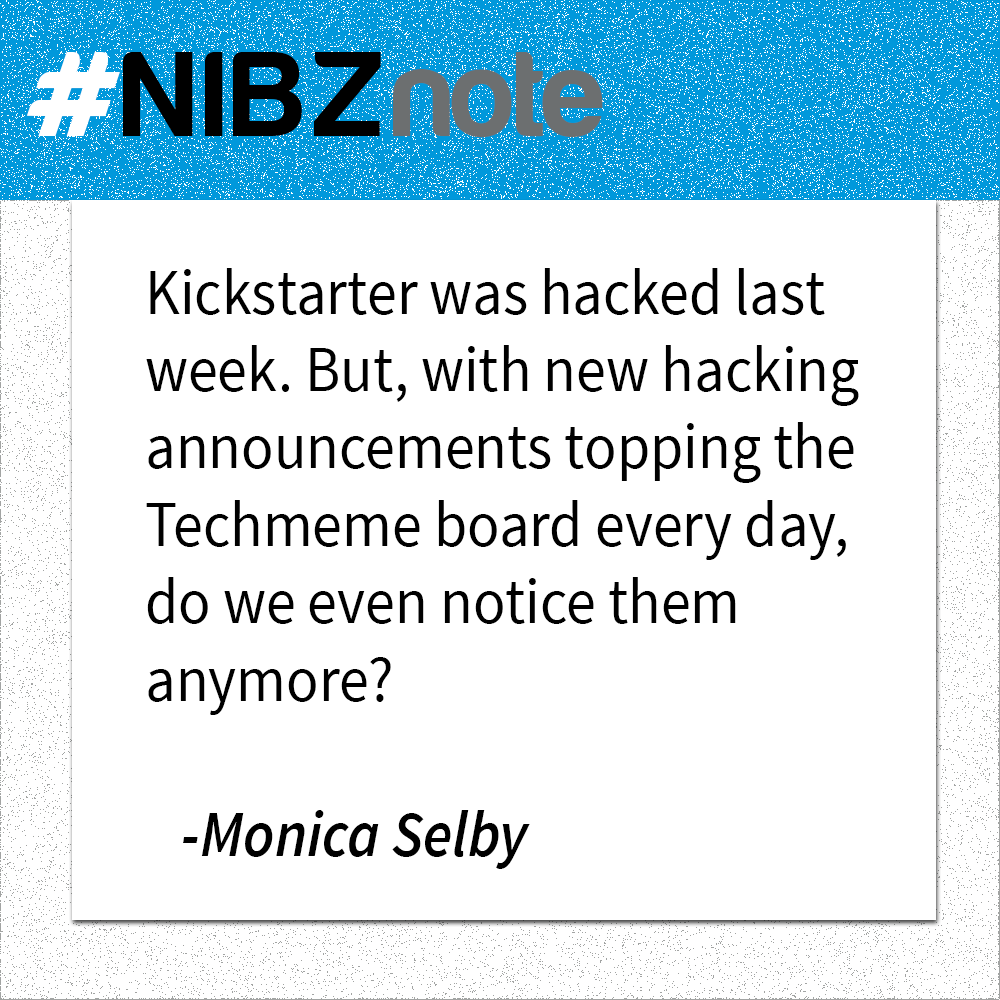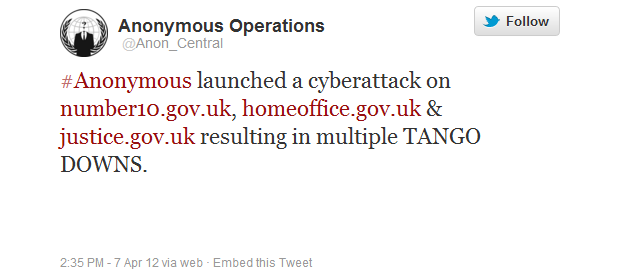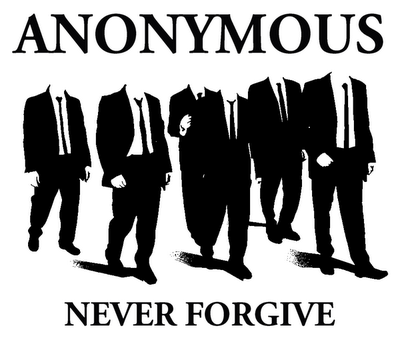

Peter Thiel says “…what important truth do very few people agree with you on? To a first approximation, the correct answer is going to be a secret. Secrets are unpopular or unconventional truths. So if you come up with a good answer, that’s your secret.”
His point about secrets is that secrets are keys that can lead to successful ventures. Secrets are non-obvious truths that few other people see until they are introduced to them.
I’ve shared secrets about learning how to walk, how to get through a breakup, how to be a movie guru, and how I became a bestselling writer.
College is a big secret everyone is talking about. The trend right now is for rich guys to diss college. Peter Thiel is renowned for paying kids $100,000 not to attend college. A lot of other people, like my friend James Altucher, have written about how college is a scam.
At what price does college become “worth it”? It can be argued that it may never be worth it – you pay more money in than you can ever get back and end up in a black-hole-of-no-return. This is what happens to most people, but there is another way. In this post series, I will share my secret to hacking college.
College is a bet.
College is a bet. You are betting 5 years of your life and hundreds of thousands of dollars on an outcome that occurs after those 5 years. You need to have an expected outcome in order to know how much to bet. Five years is a lot of time, and you shouldn’t bet 5 years and all that money on something that will not propel you forward.
The real question is one of cost versus value.
Benjamin Graham said and Buffett popularized: “Price is what you pay, value is what you get”
Graham is popular for inventing value investing: buying things intrinsically undervalued, which limits risk and improves probability of reward. The challenge with value investing is finding undervalued things – because these are non-obvious and hidden.
What if you had a formula that helped you find the secret value in college so you could graduate debt-free with many job offers? Kind of like value investing in your education?
Use the scam to your advantage; hack the system, and you can give yourself the best chance for success. This is how Buffett invests, how Thiel advises and how Altucher has rebuilt himself too many times – by following a value-based formula.
Don’t be okay getting scammed.
Most people get scammed by college because they are comfortable getting scammed by college. When you went to college how many of your friends said “I’m totally getting scammed right now”? None of them.
Instead, they said “Where can I get the cheapest slice of pizza tonight because I am literally dead broke paying my life savings to an institution that doesn’t guarantee I’ll have a way of earning it back when I graduate and I have a final exam tomorrow in Georgian Literature so I’ll see you later.”
On the other hand, I graduated with no student loan debt and a full time job where all the money came straight back to me and not to student loans. My first job taught me the lessons in an industry that I then used to build my own business.
The financial freedom I gained allowed me to take more risks. I quit jobs and traveled the world more than once. I started trading from a home office when I was 22. I paid cash for my cars and never made a single car payment. I wasn’t wealthy, but I was free, and I’ve always lived below my means, enabling more freedom.
I almost got scammed by college but I figured it out just in time.
Let’s look at the numbers:
- 2013 average college loan debt: $35,200 (and we all know people with much more)
- Average starting salary of 2013′s graduating class: $44,928 (after tax and 401K your take home is ~$30,596)
- US Gov’t Student Loan Interest Rate: up from 3.4-3.9%
- Average graduate salaries: down 5.4% in 2013
- Average Annual Tuition: up 5.4%
- Tution and living costs at Harvard: $64,954/year
- Tuition and living costs at University of Illinois: $29,594-$48,896/year
- Tuition and living costs at #1 ranked Walla Walla Community College: $11,415-$17,976/year
At these prices, education is a major cost. If you attended University of Ilinois with in-state tuition you pay $30K/year. The average student graduates in 5 years, not 4, total cost is $150,000 + you have to remove the money you could have made if you were in a job for 5 years. Let’s call that $30,000/year for a whopping total college cost of $300,000 over 5 years. Wow. THREE HUNDRED THOUSAND DOLLARS for in-state cost of going to college.
There’s got to be a way to hack that.
How to Hack College Rule #1:
Reduce the amount of time you spend in college. This will reduce room & board and tuition. If you went to the University of Illinois in-state for 3 years instead of 5 you’d save about $60,000.
SIXTY THOUSAND DOLLARS!
If you attend Harvard, I just saved you $130K. If the average graduate finishes with $35K in debt, they could wipe out the debt and have $25K extra in their pocket.
The way to reduce your time in college is by cramming in more hours per semester. I was taking over 21 credit hours per semester. Next, you attend school year round. No summer jobs, no internships. Finish fast.
When you graduate with a degree in a trade, you don’t have to worry about interning anywhere. People will give you job offers all over the place. Take lots of hours each term and go to school year round. This will make you finish college up to 2 years early.
How to Hack College Rule #2:
What really matters to people is the focus of your degree and where you graduated, not where you went to school all 5 years.
When was the last time someone asked you “Well, I see you graduated from Stanford but where did you go the other 4 years?” Never. No one cares. Start your education going to a less expensive school, finish your prerequisites, and if you must go somewhere that “looks better” on your resume, transfer there for the last few terms so you can get the degree from that school.
Is it risky? Not as risky as spending $130K on two years of basic college courses and frat parties. When you transfer into your graduating school, finish as fast as you can to limit the expense. Go somewhere inexpensive the first 2 years, live at home if you have to, and save the extra cost of living and tuition expenses. Many schools look favorably towards transfer students and make it easy for students to transfer in.
I spoke to Christine Mascolo, Harvard’s Director of Transfer Admissions. Harvard looks favorably on transfer students. They look for students with a sincere, concentrated focus combined with other interests outside the classroom showing how they can contribute to the community while pursuing their academic passions. Though Harvard only accepts a small number of transfer students per year, transferring into a good school is not only  possible, but a solid option that can save you a ton of money.
possible, but a solid option that can save you a ton of money.
How To Hack college Rule #3:
You may love Georgian Literature, but you have to study a trade in college. Georgian Literature is essentially useless. No one will pay you for your review of Defoe. A trade is anything that trains you for a specific type of career after college: finance, accounting, programming, engineering, environmental geology, law, medicine, nursing, etc. These majors will get you a job after college, and your grades hardly matter.
I don’t care if you say “but I’m passionate about Georgian Literature.” Study academics as a minor. Your job at college is to learn how to create value or prepare to get a job after college: minimize cost and maximize return.
A friend just graduated from University of Colorado with his bachelor’s in computer science and his first job is a programmer at Apple making over $100,000. He had multiple job offers in several cities. His future is set for life. Win.
Another friend graduated from University of Colorado with an English degree. She moved back to her parents’ house in Maine and is working at a restaurant as a server. This is after 5 years out-of-state tuition + living expenses totaling around $125,000 + financial aid. I’m sure she’s academically enriched, but she’s in the financial and opportunistic hole. Loss.
How To Hack College Rule #4:
Be entrepreneurial by learning how to help people. You are around a totally unique demographic. Facebook started as a college-based product. Would Facebook have ever started if not for its founder attending college?
It’s a great market. What do these people need? Be creative, and start something on your own. Maybe it will grow and make you wealthy, maybe not, but it will teach you real keys to success. Go to the entrepreneurship center at your college.
I was the Graduate Teaching Fellow at the Lundquist Center for Entrepreneurship while in graduate school at the University of Oregon. Not only did that fellowship pay for my graduate business education, I also worked with aspiring entrepreneurs and founded a company through a relationship that began there.
The secret of real education is learning how to create value. If you can do that, you will be secure and free for life. Most of college is like tourism: fun experience but it’s all about YOU. This is not the way the world works. No one cares about your mind opening experience. They care what you can do for them. You have to learn how to help people: you must learn how to create value.
Another friend of mine is a lifeguard in San Diego. She started a jewelry company in college and people love it, but she doesn’t see the opportunity. I beg her to focus on her business over her job. Here’s why:
- She is young – No family, no rent, no overhead
- She has customers – Lots of customers! Stores want to carry her products and the products sell. Everyone in business would kill for this problem. Give your customers what they want! If they want to buy, you sell!
- It’s scalable – At her “job” she is stuck making an hourly wage. No matter what, she can only make that wage. Her jewelry income is theoretically unlimited: if she markets herself more she could get into big stores and create a million dollar company very quickly. Look at what Sara Blakely did with Spanx or what Charlie Chanaratsopon did with his concept Charming Charlie.
- It’s dependable – She won’t fire herself.
- It creates value – It brings pleasure to lots of people and I personally love it.
- It’s valuable – If she stuck with it she could sell the company in a couple years for a lot of money and never have to work again. Then she could go surf in Fiji and be a lifeguard for fun rather than as a slave.
- It’s a real education – She’ll learn more about building something than school can teach; she could skip school.
When you are in college it’s a great time to start a business. You have facilities, a customer demographic, time to experiment, and limited overhead.
How To Hack College Rule #5:
Limit your expenses. This includes tuition, but also rent and other living expenses. With my little company I was paying rent with enough left to eat at Tipu’s Tiger and drink Chai Lattes at Second Thoughts a few times each week.
I bought a VW bus with summer job money (before I knew enough to go to school year round) for about $3,500 and had no car payments. I traveled and lived in it on weekends so I didn’t have any camp site fees or hotel fees and my friends LOVED traveling all over the West Coast in my house on wheels (it had red chili pepper lights inside; we looked like a glowing red spaceship zooming down the highway). I was going through college fast, earning money, learning valuable business skills, and still having fun.
Thiel’s definition is that secrets are about value – something you know that others don’t see, but can help a lot of people. His interest as an investor is of course to create a return on the secrets of the founders he invests in.
If you compress your college career into fewer years, start at the least expensive school and transfer, study a trade, be entrepreneurial, and limit your expenses, you will save at least $50,000. You will graduate with more job opportunities and more years of income. You could probably make $100-$200K additional income in those extra years.
What would you do with $50,000 extra, or more, in your life? Before you go to college, you should think about this. If you follow this advice I’d love to have dinner and hear your story. I’ll even pick up the dinner tab.
Kevin Faul’s background is in finance. He loves being in the mountains and on the ocean, and he likes to build – furniture & ideas. Follow him on instagram @kevinfaul or twitter @kcfaul. Or just email him kcfaul [at] gmail [dot] com.


 data. Upon learning this, we immediately closed the security breach and began strengthening security measures throughout the Kickstarter system.
data. Upon learning this, we immediately closed the security breach and began strengthening security measures throughout the Kickstarter system.











